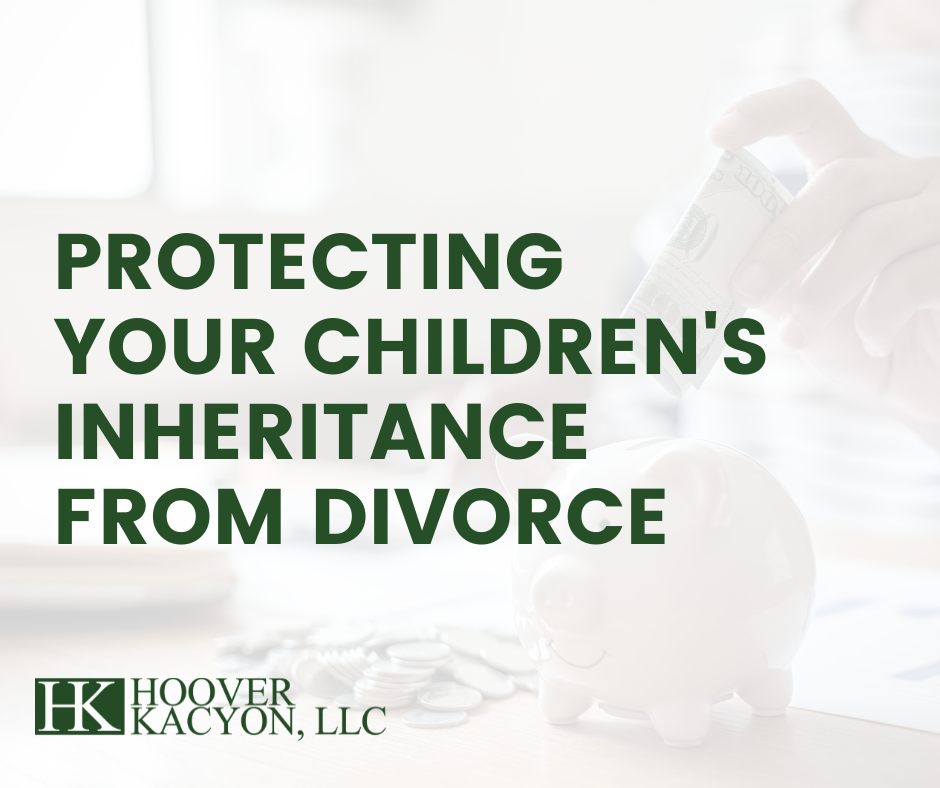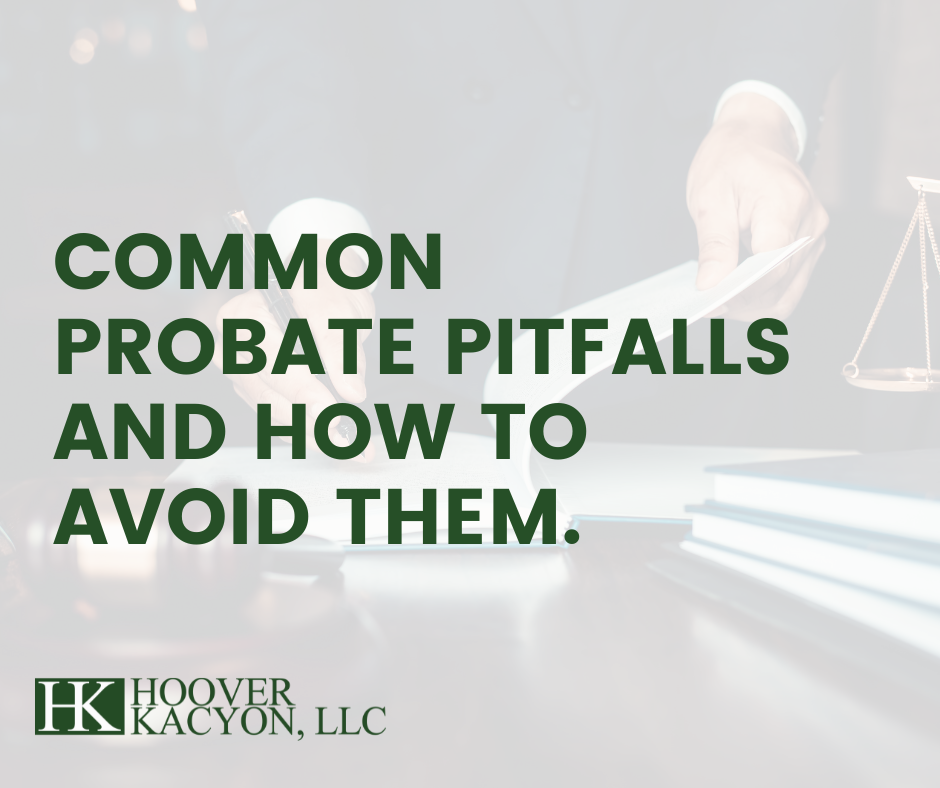When people think about dividing assets in a divorce, they often focus on the larger, more obvious items such as houses, cars, and real estate. However, in high-income divorces, other significant assets come into play and must be considered during property division. These assets are often classified as high-value property.
What Qualifies as a High-Value Property?
No specific financial threshold qualifies an asset as high-value, but certain items are generally regarded as such due to their worth. These include:
- Artwork
- Collectibles
- Family heirlooms
- Jewelry (i.e., wedding rings and engagement rings)
- Vacation homes or investment properties
- Luxury vehicles
Marital vs. Separate Property
Marital property includes anything that either spouse acquired during the marriage, regardless of whose name is on the deed or title. For instance, even if only one spouse’s name appears on the title of a vehicle or the deed to a home, it is still considered marital property and will be subject to division.
In contrast, separate property refers to items one spouse owned before the marriage. Personal gifts and inheritances received by one spouse (unless gifted by the other spouse) are also considered separate property and generally not subject to division.
Retirement Accounts
Retirement accounts, such as 401(k)s, IRAs, and pensions, are considered marital property if contributions were made during the marriage. Since pensions often represent a large portion of a person’s investments, they are frequently a major point of contention in high-income divorces.
Equitable Distribution
Ohio courts follow the principle of equitable distribution, meaning
property is divided fairly, though not necessarily equally. This approach can complicate the division of high-value assets, especially since only some things can be easily split. Equitable distribution doesn't always mean a 50/50 division but rather what the court deems fair based on the specifics of the marriage.
In high-income divorces, spousal support may favor the lower-earning spouse. This factor can create more disputes over how to divide assets, particularly when both spouses contribute to accumulating high-value property.
Equitable Distribution Factors
Judges in Ohio consider several factors when deciding how to divide marital assets, including:
- The duration of the marriage
- Each spouse’s income and separate assets
- Whether there are children and custody arrangements
- The standard of living maintained during the marriage
- The health and age of each spouse
Division of High-Value Property
Dividing property is straightforward for liquid assets like cash. However, high-value items like real estate or artwork are more difficult to split. Couples are encouraged to reach an agreement on how to handle these assets, as this can be quicker and less expensive than going to court. If no agreement is made, one spouse may keep the asset while compensating the other with an equivalent value in different assets.
Concealing High-Value Property
In some high-income divorces, one spouse may attempt to hide assets to avoid losing them in the divorce. Methods of concealing assets include underreporting income, hiding assets with third parties, or deferring raises. Hiding assets is illegal and can lead to severe penalties if discovered. If you suspect this behavior a divorce attorney who can work with financial experts to uncover hidden assets.
Hiring a law firm familiar with high-value divorce proceedings and splitting of property will significantly impact how you and your future are protected. No matter how complicated or complex your divorce might be, the Hoover Kaycon Attorneys at Law serving Akron, Cuyahoga Falls, and Fairlawn are here to answer your questions and help you through the process.
We deliver the highest quality legal representation from a team of professionals while also providing excellent customer service. Call us at
330-922-4491 or
contact us online to make an appointment.
Recent Posts









YOU MIGHT ALSO LIKE









